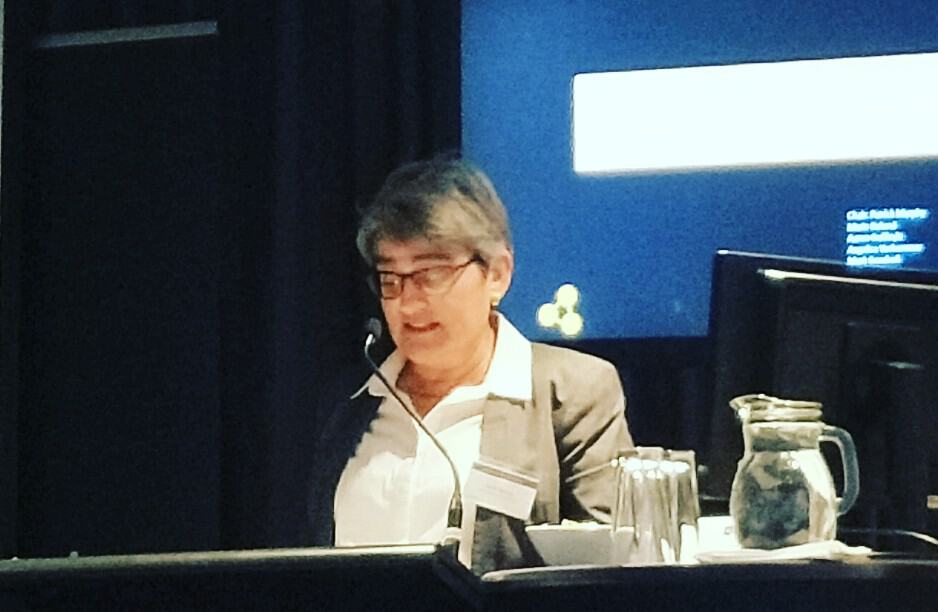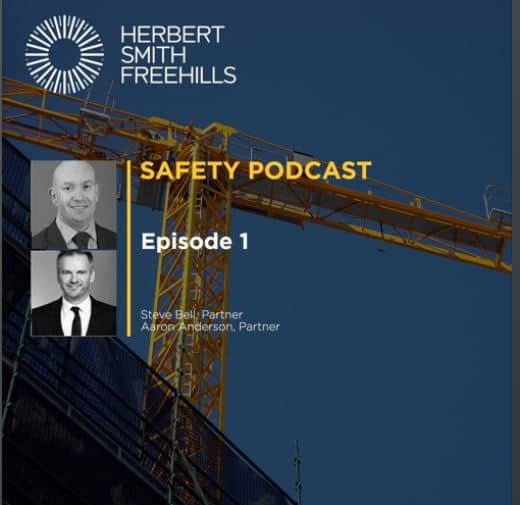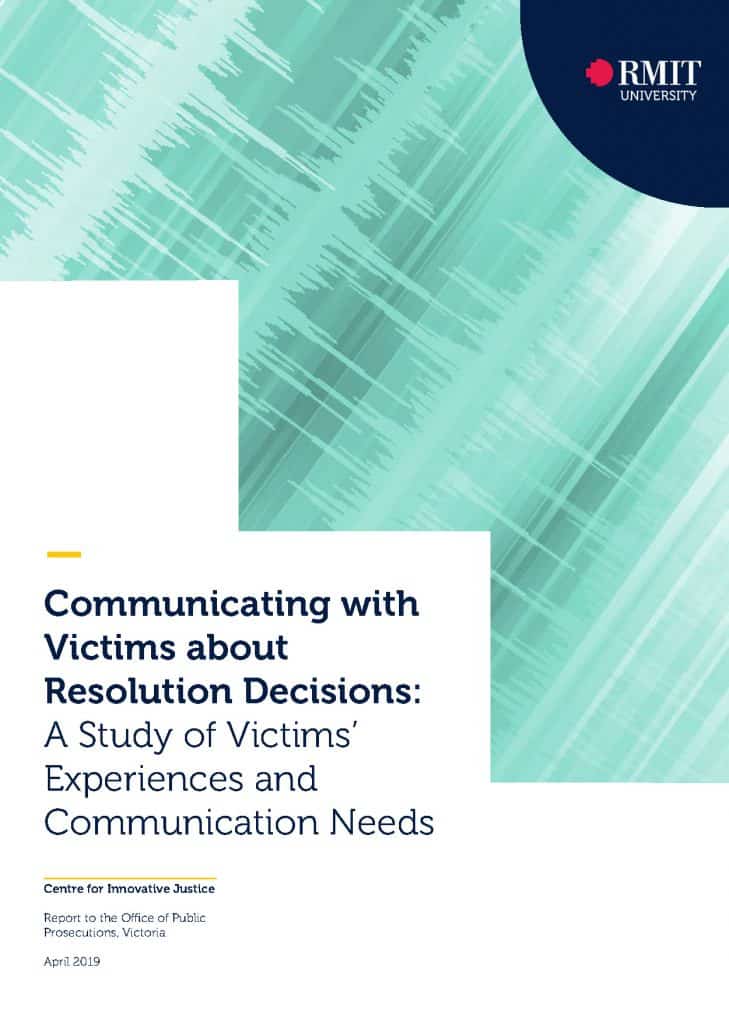
This week Melbourne Victoria hosted a conference about Work Health and Safety Prosecutions and Enforcement. The two-day conference, run by Criterion Conferences, focused on law and the application of that law. Occupational health and safety (OHS) was largely a subtext of the discussion, but it raised its head occasionally.
The audience of around 100 consisted of many OHS regulators and lawyers from most Australian States. This conference profile set the tone of this conference where a lot of legal knowledge and terminology was assumed even though, occasionally and not knowing the audience, a speaker trod old ground with Law 101.






